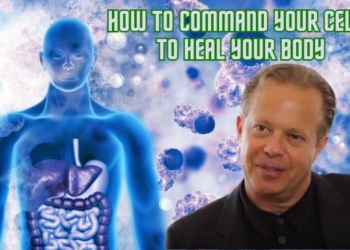
Let’s face it, nobody likes a toothache. What’s more, they seem to have a tendency to pop up when it’s harder to get to your dentist’s office, such as on the weekends or late at night. The first question that you might ask yourself at this time is whether this is something that will get better with self-treatment or if the only way to treat it is at the hands of a dental professional.
What is the best self-treatment for a toothache?
Start by doing a saltwater rinse. Mix half a teaspoon of salt into a glass of slightly warm water and swirl in your mouth. Repeat until you have used the entire glass. A natural disinfectant, salt also helps loosen any food particles that might be trapped between your teeth. You may also want to try a rinse with hydrogen peroxide in which you mix it with equal parts of water. Make sure not to swallow.
After this, apply a cold compress to the area. You may use a bag of ice wrapped in a towel and apply it to the area for twenty minutes at a time. If there is no ice on hand, a bag of frozen peas will also do the trick.
Painkillers also work. Take them as indicated. If none of these remedies work, make an appointment to see your dentist.
How do you know when to see your dentist for a toothache?
If you have any of the following symptoms, it may be time to call your dentist and set up an appointment:
- You have a fever
- The pain has lasted more than two days despite home remedies
- There is swelling in the area
- You are experiencing trouble when swallowing or breathing
- You notice that your gums are abnormally red
- If pus is present or if there is any other foul-tasting discharge
- When you have tender areas, sores, or ulcers in your mouth
As you can see, there are many reasons why a toothache might require that you have it checked by your dentist. Whether it is just severe damage to the tooth or an indication of a more serious medical condition, only a healthcare professional can determine the root of the problem.
If you have been having problems or pain with your gum or teeth, do not let them go untreated. They may lead to larger issues that are more difficult to control or get rid of.
Why is oral health important?
Taking care of your mouth and teeth is more important than you might believe. Many problems in the rest of your body gain entry through the mouth, starting with some bacteria that can cause disease. By practicing good oral hygiene, you can keep these bacteria under control.
By simply brushing and flossing on a daily basis you can prevent infections caused by bacteria and avoid tooth and gum disease. Included among the conditions bacteria might cause are:
- Cardiovascular disease that may be linked to infections and inflammation caused by oral bacteria.
- Complications during pregnancy and giving birth leading to lower birth weight or premature deliveries.
- Pneumonia and other respiratory conditions caused by oral bacteria that travel to the lungs.
More information regarding oral hygiene and issues such as how to deal with a nagging toothache can be found at www.parkcrossingdentistry.com/.








![Zero-Cost Method to Increase Motivation and Dopamine | Neuroscientist Andrew Huberman [VIDEO+TRANSCRIPT]](https://consciouslifenews.com/wp-content/uploads/2022/12/boost-moivation-andrew-huberman-350x250.jpg)






